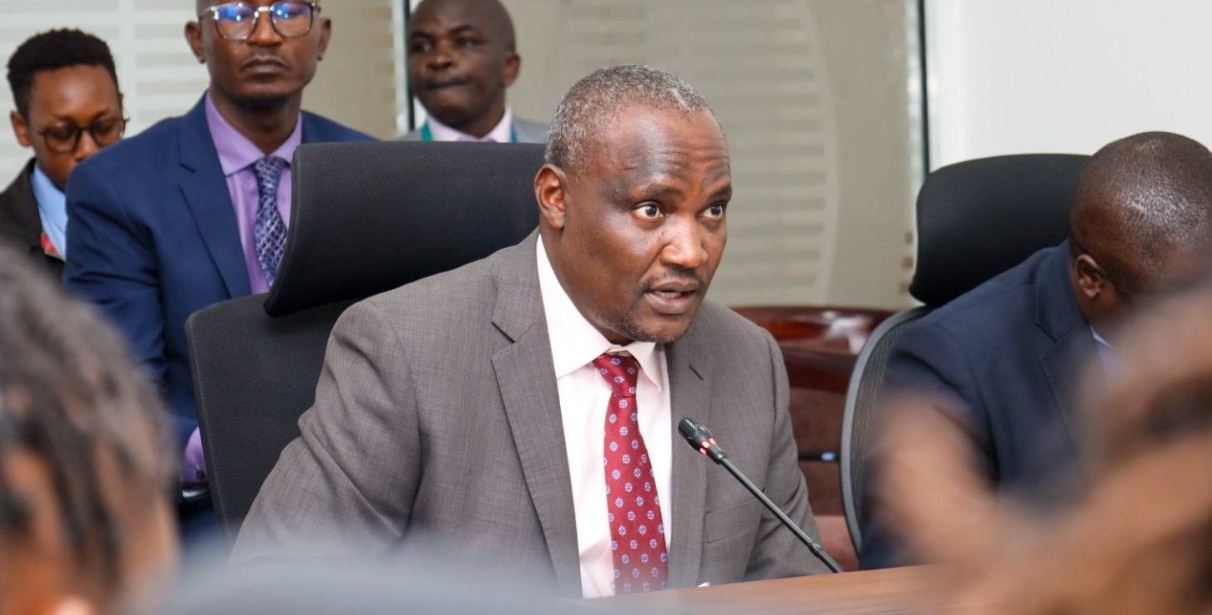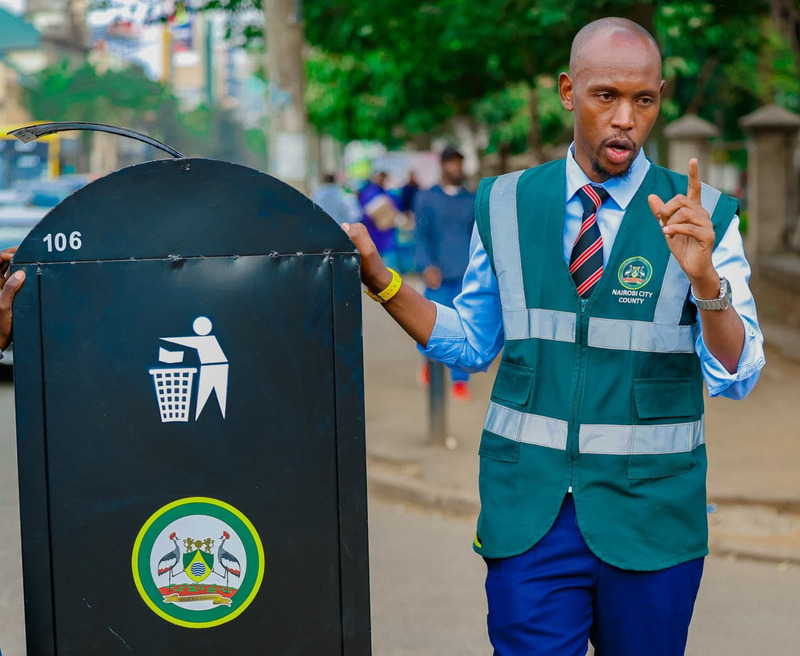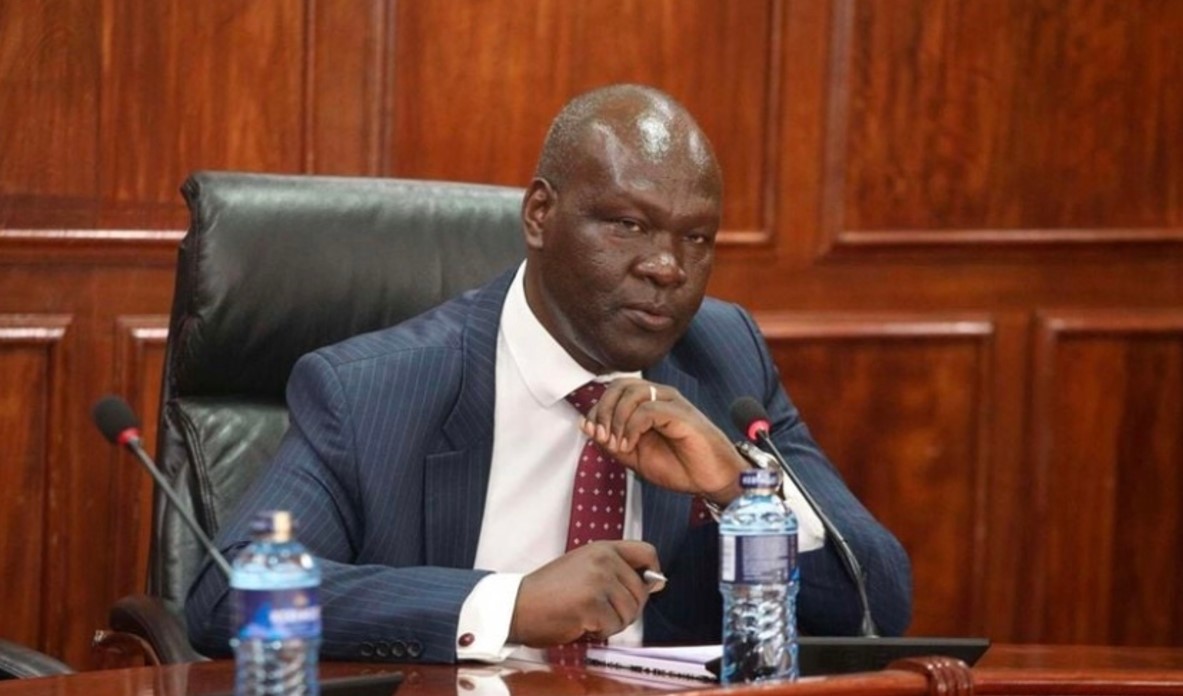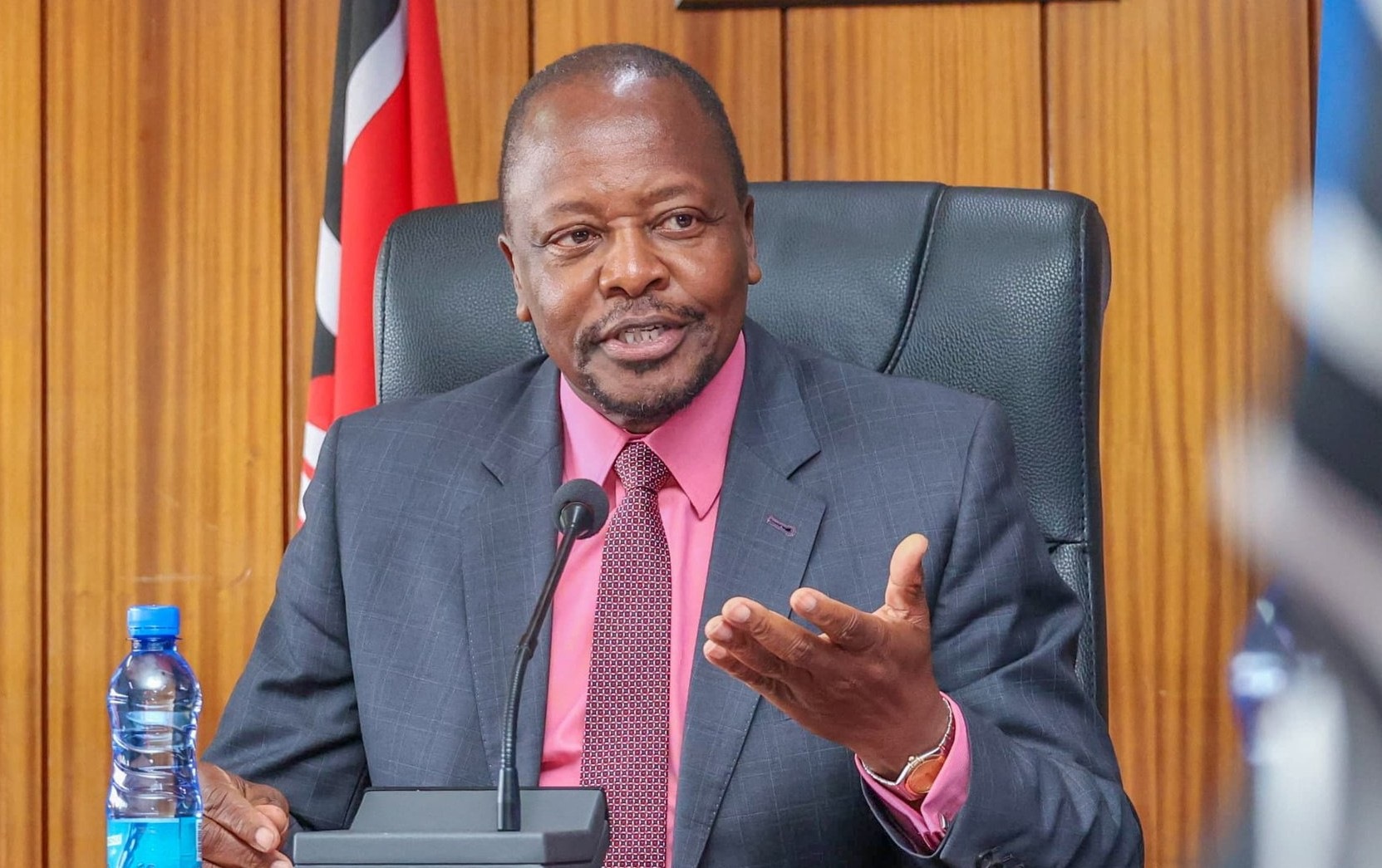Audit exposes fake firms, unsafe inputs and lost billions in Ruto's fertiliser subsidy plan

What was intended as a critical support scheme for farmers to boost food production has instead exposed a troubling mix of negligence, irregular contracts and systemic failures, leaving farmers suffering and taxpayers counting the cost.
A comprehensive audit has laid bare deep-rooted irregularities, fake suppliers, unsafe products and missing stock in President William Ruto’s Sh31.5 billion fertiliser subsidy programme.
According to Auditor General Nancy Gathungu’s report for the year ending June 30, 2024, the National Cereals and Produce Board (NCPB) engaged a non-existent company and distributed fertiliser that failed safety tests, raising serious questions about procurement processes, integrity, and value for public money.
More To Read
- Discord in Raila's party as Sifuna, Junet and Wanga differ on support for Ruto
- Wajir Governor Ahmed Abdulahi slams Edwin Sifuna over Raila-Ruto memorandum criticism
- Public hospital patients may have received untested drugs, Auditor-General reveals
- Audit exposes gaps in university funding, shows how deserving students miss out
- Sh1.6 billion paid to three unidentified companies prompts probe at Rerec
- Audit flags deep staff shortfall at Kenya School of Government
In one of the most alarming findings, NCPB paid Sh240.4 million to Fifty-One Capital African Diatomite Industries to supply organic fertiliser. However, the Kenya Bureau of Standards (Kebs) later found the fertiliser unsafe for use and suspended the permit.
Investigations revealed the KRA PIN submitted during the tender belonged to a different company, Fifty-One (K) Capital Limited, which was registered in 2020. There was no evidence of a name change or legal link between the two.
“It was not clear how NCPB board got into an agency contract with Fifty-One Capital, African Diatomite Industries. Value for money of Sh240 million and integrity of the entire procurement process couldn’t be confirmed. Also, this borders on fraudulent activities,” Gathungu added.
The report comes months after Agriculture CS Mithika Linturi nearly lost his job over the fertiliser saga before he was eventually removed following intense pressure during Gen Z protests.
The auditor revealed that despite some farmers receiving replacement fertiliser after reporting crop failure, many never got refunds or any support.
In places such as Bungoma, Kakamega, and Kitale, 1,960 bags of KEL fertiliser were replaced without recovering the original bags, creating gaps in accountability.
In another case, the government paid KEL Chemicals Sh139.7 million for NPK fertiliser labelled as “planting fertiliser,” which was later flagged by Kebs as unfit for use.
By the time distribution was stopped, fertiliser worth Sh98.5 million had already been sold.
“In the circumstances, the value for money of Sh139.7 million and integrity of the entire procurement process could not be confirmed. It also borders on fraudulent activities,” Gathungu stated.
Additionally, the audit uncovered that fertiliser and cereals valued at Sh241.8 million, earmarked for depots in food-producing regions, never arrived at their destinations.
The most affected areas included Kisii (Sh142.5 million), Malaba (Sh47.9 million), Bungoma (Sh34.4 million), Kakamega (Sh9.6 million), Kitale (Sh4.9 million), and Webuye (Sh2.4 million).
“No explanation was provided as to whether a follow-up had been made with the suppliers to ensure that the fertilisers and cereals not delivered were delivered,” the report reads.
The disappearance of these supplies forced many farmers to buy fertiliser at market prices, as high as Sh6,000 for a 50kg bag, compared to the subsidised price of between Sh2,500 and Sh3,500.
In a puzzling case, 981 bags of fertiliser supplied by the phantom 51 Capital and valued at Sh1.57 million were seized by the DCI but left unattended in NCPB stores, with no steps taken to destroy or replace them.
Gathungu also raised concerns over the awarding of a Sh2.49 billion tender for Urea fertiliser to a single supplier, MEMS Distributors, even though two bidders tied during the evaluation. Despite the tie, NCPB’s managing director and procurement head overruled the tender committee’s recommendation to split the contract between the firms.
“The award of tender to one supplier shows impartiality in the award of the tender and as a result, litigation may be instituted by the other supplier, leading to the government losing money on legal fees,” the report warned.
The decision led to artificial shortages in some regions, forcing farmers to pay more for inputs due to desperation and limited supply.
The audit further highlights the mysterious loss of fertiliser stock between the Mombasa port and various NCPB depots.
Records show 20 bags of Russian-donated fertiliser disappeared during movement from the SGR to Maisha Minerals, which was supposed to handle blending.
There were also inconsistencies, including a 20-bag shortage at one point and a 50-bag surplus at another, without any explanation.
“No explanation was offered on the variances noted, and accordingly, the recoverability of lost fertiliser and reconciliations of the fertiliser products could not be ascertained,” the auditor said.
Amid the operational chaos, NCPB was also found to be in financial distress. The board recorded a Sh992 million loss, a slight improvement from the Sh1.7 billion loss posted in the previous year and is struggling under a negative working capital of Sh3.1 billion.
Top Stories Today













































